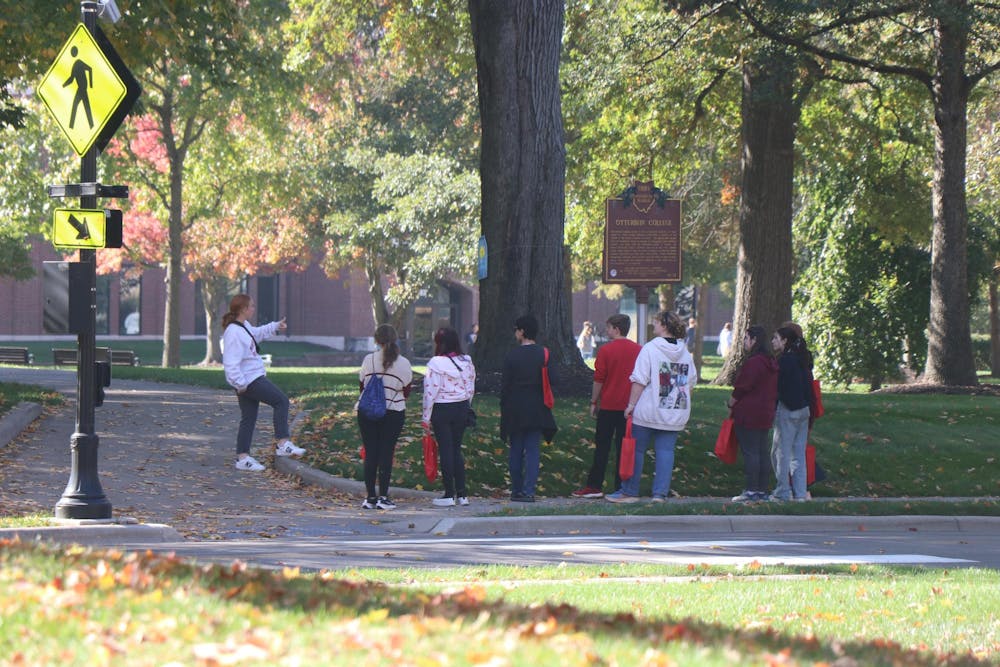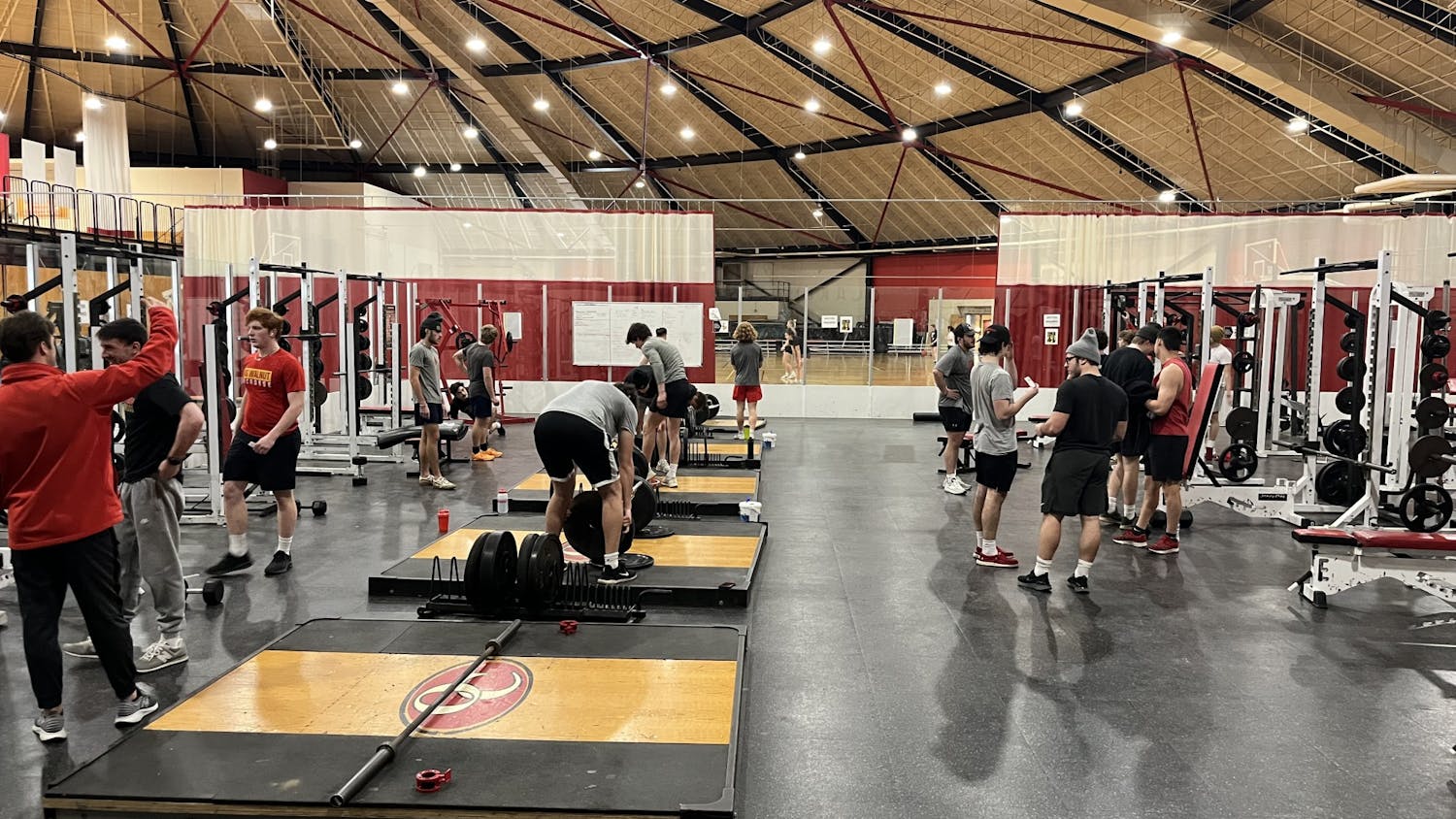Inflation is on the decline, but students still feel the impact of trying to pay for the cost of various living expenses as they make their way through college.
After paying tuition, students are responsible for finding a way to pay for necessities like food and gas, especially commuter students.
According to the U.S. Beau of Labor, the average price of gas has dropped from $4.10 in September 2023 to $3.40 in September 2024.
However, affording these necessities presents a different challenge for every student.
Trinity Perkins, a residential senior zoo and conservation science major, said, “Sometimes, it’s pretty difficult. I have an on-campus job, but it doesn’t pay that much. I’m lucky that my parents are able to help me out most of time.”
The initial pay for an Otterbein work-study, a type of job available for students who are eligible for the Pell grant, is $10.45 per hour, according to Handshake.
$10.45 is the federal minimum wage set by the state and is $3 higher than neighboring states Indiana, Pennsylvania and Kentucky, who set their minimum wage to $7.25, according to Axios.
Students, like commuter sophomore mechanical engineering major Andrew Grubb, work off campus jobs as well to afford their expenses. Grubb works every other weekend at Worthington Enterprises.
“I may miss out on a few friend outings occasionally, but that doesn’t necessarily put me down," Grub said.
For other students, there are different ways the cost of being a student can limit their experience. Perkins said she was, “kept from doing certain experiences” because of the cost of the activity or the cost of gas to get there.
“The thing is, with the cost of student living, we don’t get what we pay for. Some of the things are lackluster when it comes to housing," Perkins said.








